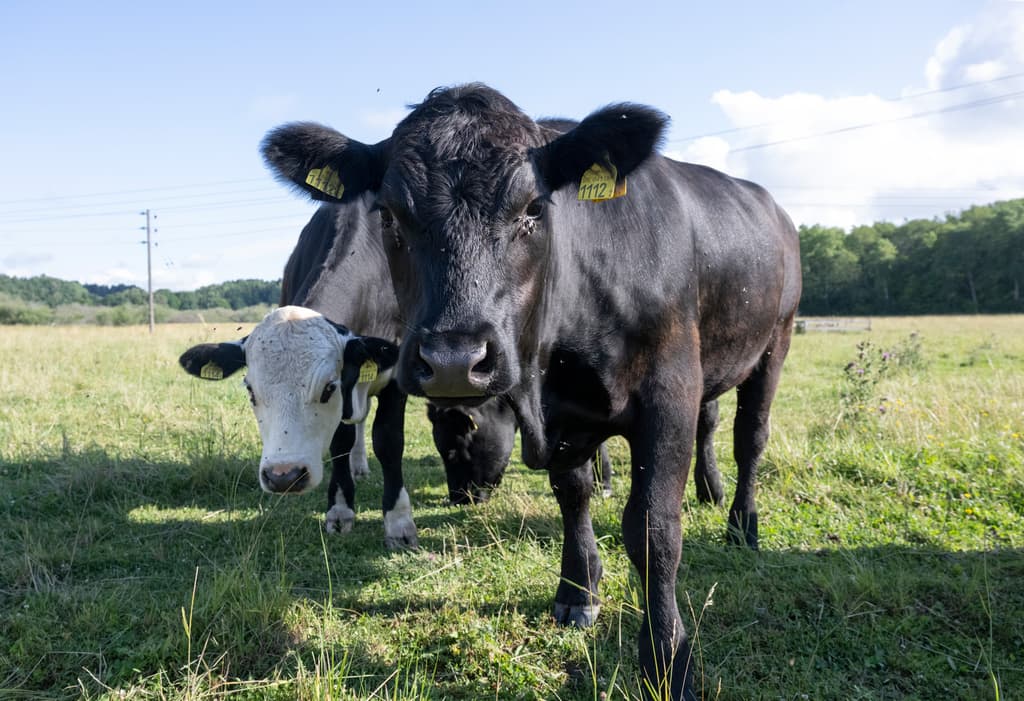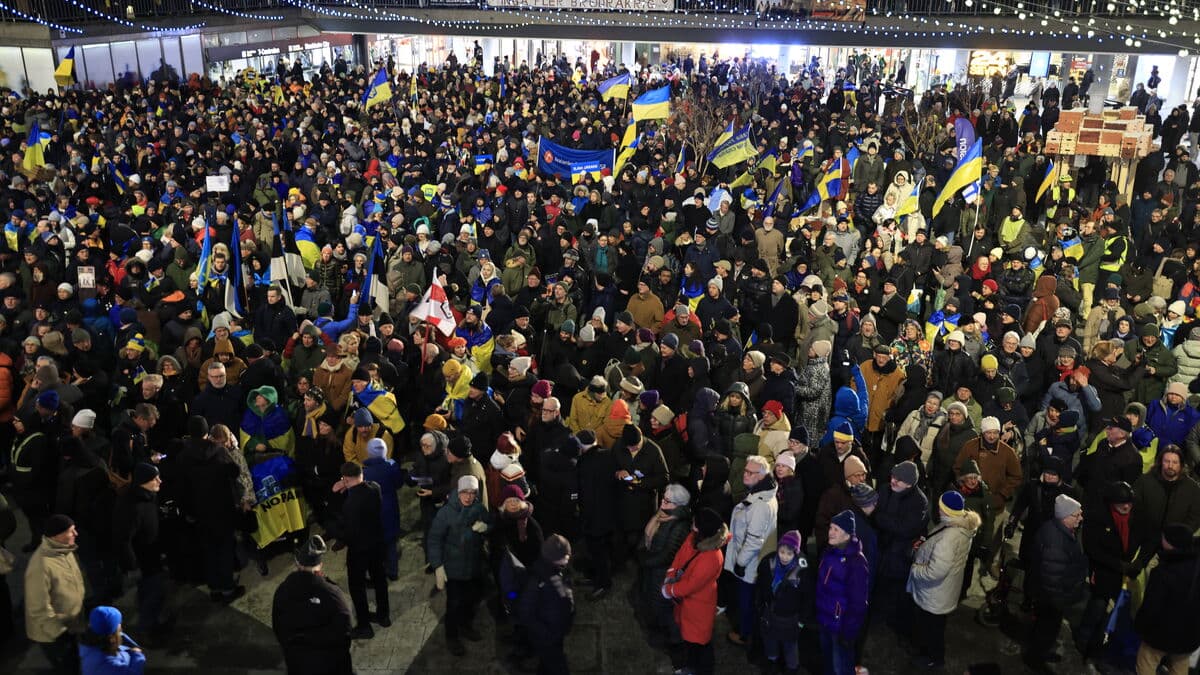A new investigation aimed at strengthening the competitiveness of food producers was presented on Thursday. The Swedish Farmers' Association is overall positive about the proposals, including the one on abolishing the grazing requirement for cows in loose housing indoors.
We see that most cows will continue to go out anyway. It may even be the case that we increase the number of grazing shifts. Today, we see a decline in several sectors and we want to reverse that trend and find clever solutions.
And the one who best takes care of the cows' welfare and animal care is the farmer himself.
Per Jensen, professor of ethology at Linköping University, is, on the other hand, dismayed by the proposal.
It's a dark day for Sweden's dairy cows. Cows are biologically adapted to walk long distances and graze continuously, they have a strong need for it.
Risk of Poor Health
According to Per Jensen, research in the area is clear: For the cows' well-being, there is hardly anything more important than grazing.
A plethora of research shows that cows kept in loose housing year-round risk poor health. Among other things, hoof health can be affected - the cows become more prone to lameness and get foot problems. The incidence of various diseases increases, and even mortality can be higher if they do not get to go out and graze part of the year.
The Swedish Society for Nature Conservation believes that the proposal affects both the environment and animal welfare.
"All cows should have the right to go out and graze, both for their own sake and for biological diversity. Through the new nature restoration law, the EU has decided that biological diversity should be improved, not worsened. Then, a larger proportion of the animals need to graze, not fewer" says chairperson Beatrice Rindevall in a comment.
"Important to Get Paid"
According to Mikaela Johnsson at the Swedish Farmers' Association, the proposal would provide an opportunity for farmers to receive a premium for grazing animals.
We operate in a market, of course, and for us, it's important to get paid for the added values we provide. So, we're not against grazing at all. We just want to see more flexible grazing legislation.
Per Jensen believes that the dairy industry will lose out if the proposal becomes a reality, as consumers who care about animal welfare will have less reason to choose Swedish milk.
Instead of building up animal protection, which is our greatest competitive advantage, they're throwing it away. It's sad, he says.






